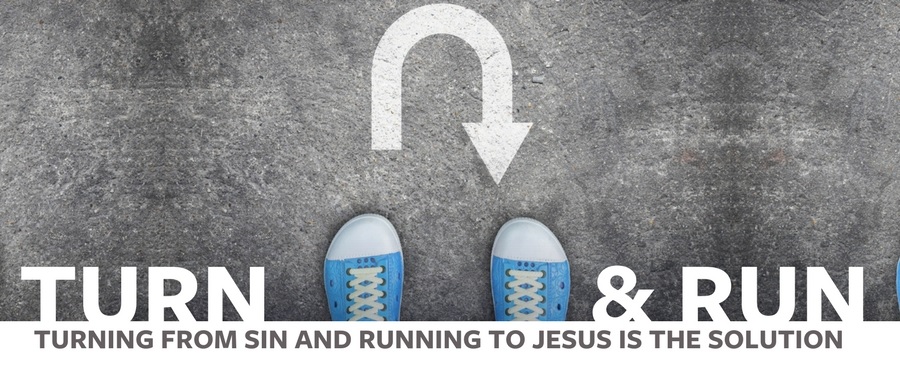

LAUNCH
Think of a time when you messed up really badly and someone showed you grace (i.e., didn’t come down on you like you deserved)? How did that person’s grace make you feel toward him or her and about what you did?
EXPLORE
1. Read Isaiah 6:1-4. Isaiah lived several hundred years before Jesus did and in this story, he sees a strange vision. Isaiah was a prophet (people who hear messages from God and give them to the people). Describe in your own words what Isaiah sees.
2. How do the seraphim describe the Lord in verse 3?
3. What do you think it means that the Lord is holy and that the whole earth is full of his glory?
4. Read Isaiah 6:5-8. How does Isaiah respond to this vision of the LORD in verse 5? Why do you think he responds this way?
5. In verses 6-7 an angel flies over and touches a burning coal to Isaiah’s lips. What’s that about? What is the difference between Isaiah’s attitude between verse 5 and verse 8? What changes for Isaiah between those verses?
APPLY
6. Read Luke 5:4-10. How is Isaiah’s experience with the Lord like what we experience when we meet Jesus Christ?
7. Why do we need to see God’s holiness and our sinfulness to appreciate the grace that comes to us through Jesus Christ?
8. There are lots of ways we “shrink Jesus’ cross” in our experience. Look at this list for some of the ways this happens. What is one of the ways on this list you can relate to?
9. How can a growing appreciation of Jesus’ grace keep you from “shrinking Jesus’ cross” in the way you mentioned?
10. Just as Isaiah and Peter became God’s messengers when they experienced his grace, the same is true for us. Who is someone you’d like to tell about the grace of Jesus we’ve learned about in this study?

LAUNCH:
Imagine you’re a child of the president of the United States. How would that change your life for the better?
EXPLORE:
1. Read Romans 8:15. What does a spirit of slavery lead to, and what does a spirit of adoption as sons (and daughters) lead to (verse 15)?
2. What kind of spirit did we receive upon placing our trust in Jesus to forgive our sins?
3. Read Romans 8:16. What does the Holy Spirit do in our lives if we’ve trusted in Jesus?
4. Read Romans 8:17. If we’re children of God, what else are we?
5. What does it mean to be an heir? What do you think it means to be an heir of God and fellow heir with Christ?
6. Why do you think suffering with Christ is one of the good things that’s part of being an heir of God and fellow heir with Christ?
APPLY
7. If we’ve trusted Jesus to forgive our sins, we’re children of God. But sometimes we act like we’re not a part of God’s family, thinking we need to take care of ourselves, be strong on our own, or do things to make God happy with us. In what ways do you act like you’re not a part of God’s family?
8. Think of something that’s causing you fear or worry right now. How do you think it would help with what you’re facing to remember your identity as a child of God?
9. How does having God’s acceptance change the way you value the acceptance of important people in your life (like parents, teachers, friends, teammates, coaches, and boyfriends or girlfriends)?
10. How does knowing you’re a child of God affect the temptation to base your worth on the things you do for God and others?

LAUNCH:
Imagine you’re driving a car and you accidentally turn the wrong way onto a one-way street. What’s the quickest way to solve your problem? What could happen if you keep driving the wrong way down this street?
EXPLORE:
1. Read Mark 1:14-15. What do you think Jesus meant when he said to “repent” and “believe the good news” when he walked the earth?
2. Jesus gives a picture of what it looks like to repent and believe the good news in Luke 15:11-24. Read these verses. Based on verse 13, why do you think the son ran off with the inheritance he got from his father?
3. What happened to the son in verses 14-16?
4. Based on verse 17, what was the turning point for the son?
5. What does the son do once he comes to his senses, and how does his father respond (verses 18-24)?
APPLY:
6. How do you think this story is a picture of the way God wants us to relate to him?
7. What are some ways you find yourself thinking or acting like life is better outside of Jesus than with him?
8. How do these things end up being like “feeding pigs in a field” (verse 15)
9. What from this story encourages you to “come to your senses,” turn from less satisfying things, and run to Jesus for life each day?

LAUNCH:
Someone gave Maria a bucket, asked her to fill it with water from a pond, and walk across a large field to water flowers on the other side of the field. She didn’t realize it at first, but the bucket had several holes in the bottom of it. So Maria filled the bucket with water, but it was almost empty by the time she crossed the field and got to the flowers. How would you feel about this if you were Maria?
EXPLORE:
1. Read Jeremiah 2:1-2, which is part of a message God gave to his people through his prophet, Jeremiah, several hundred years before the time of Christ. A prophet brought messages from God to his people. How did God’s people start out in their relationship with him?
2. Read Jeremiah 2:4-8? Summarize what happened to God’s people in their relationship with him.
3. Jeremiah 2:5 says, “They walked after emptiness and became empty.” What do you think this means?
4. Read Jeremiah 2:9-13. Why did the Lord want to fight with his people (verse 9)?
APPLY
5. Why do you think we sometimes start out loving the Lord but drift away from him over time?
6. In what ways have you struggled with letting a good thing become a “God thing” in your life?
7. How can you relate to what Jeremiah 2:5 says: “They went far away from me and walked after emptiness and became empty”? How is this like Maria’s experience of trying to water flowers with a bucket that’s filled with holes?
8. Sometimes we go far away from Jesus because he doesn’t seem as satisfying to us as some of the things we pursue. Why does he sometimes seem less satisfying to us than other things?
9. Read John 10:10. How does knowing Jesus as the source of life in all its fullness (i.e.: “the fountain of living waters”) help us resist the temptation to seek satisfaction in things outside of God?
10. What’s a practical step you can take to be satisfied in Jesus so that it’s not as easy for good things to become “God things” in your life?
Leave A Reply
